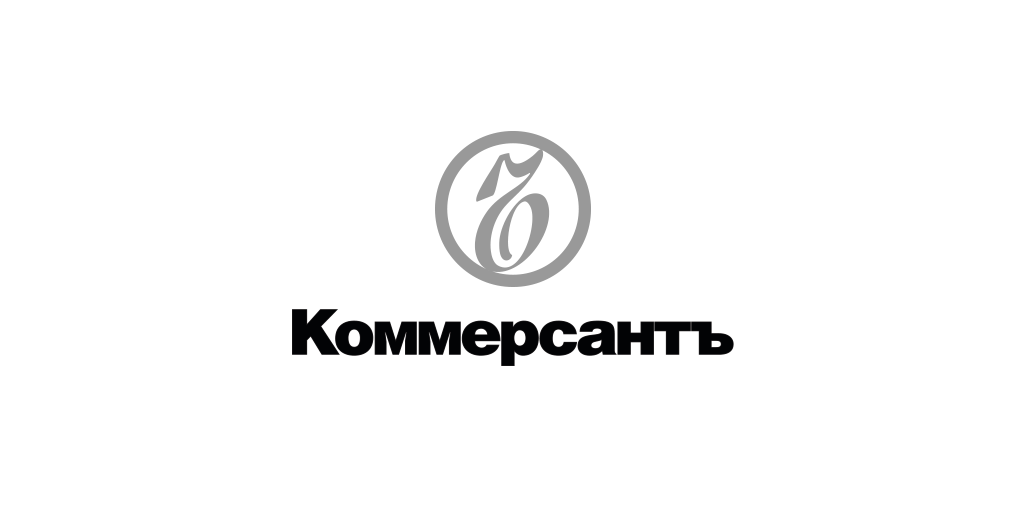The Evolution of Open Source in Russia: A Shift from Centralization to Decentralization
October 11, 2024, 6:33 pm
In the ever-evolving landscape of technology, the recent decisions by Russia's Ministry of Digital Development (Minцифры) signal a pivotal shift in the approach to open-source software. The ministry has announced its intention to abandon the idea of a centralized national repository akin to GitHub, opting instead for a decentralized framework that embraces existing platforms. This decision reflects broader trends in technology governance and the complexities of fostering innovation in a rapidly changing digital environment.
The initial concept of a singular repository for open-source software in Russia was ambitious. It aimed to create a unified platform where developers could share and collaborate on projects. However, as the ministry has recognized, the practicality of such a centralized system has come into question. The rise of private players in the market has rendered the idea of a single repository less appealing. Instead, Minцифры is now focusing on establishing a set of guidelines and security requirements for various existing repositories, creating a more flexible and responsive ecosystem.
This shift is not merely administrative; it reflects a deeper understanding of the dynamics of software development. The director of the Center for Competence in Import Substitution in Information and Communication Technologies, Ilya Massukh, emphasized that the ministry is working on a concept that will outline the rules for Russian repositories. This approach acknowledges the reality that a diverse array of platforms can coexist, each serving different needs and communities.
The decision to pivot away from a centralized repository can be seen as a response to the evolving landscape of open-source software. Over the past few years, several private companies have developed their own repositories, such as RTK-Phoenix by Rostelecom and GitVerse by Sberbank. These platforms have gained traction and demonstrated the viability of decentralized solutions. By leveraging existing infrastructure, the ministry can redirect resources towards supporting these initiatives rather than creating a new, potentially redundant system.
Critics of the centralized repository concept have pointed out that a distributed system of repositories is inherently more secure. A single point of failure can be a vulnerability, while a network of repositories can enhance resilience. This perspective aligns with the broader trend in cybersecurity, where decentralization is increasingly viewed as a safeguard against threats.
Moreover, the ministry's decision to repurpose funds initially allocated for the centralized repository reflects a pragmatic approach to resource management. The 1.39 billion rubles earmarked for the project will now be redirected to support high-demand open-source projects and the development of new IT products. This strategic allocation of resources underscores the importance of adaptability in the face of changing circumstances.
The history of attempts to create a national repository for open-source software in Russia is fraught with challenges. Previous initiatives, such as the one launched by the National Algorithm and Software Fund in 2014, ultimately failed to gain traction. The lessons learned from these experiences have informed the current strategy, emphasizing the need for community engagement and collaboration among developers.
As the ministry moves forward with its new approach, the focus will be on fostering communities around open-source projects. Experts in the field have highlighted that the success of these initiatives hinges not just on the choice of platform but on the mechanisms that facilitate collaboration and knowledge sharing. Without a vibrant community of developers, even the most well-designed repository may struggle to thrive.
The decision to abandon a centralized repository also reflects a broader trend in the global tech landscape. The rise of open-source software has been accompanied by a growing recognition of the importance of community-driven development. This shift is not unique to Russia; it mirrors developments in other countries where decentralized models have gained prominence.
In conclusion, the evolution of open-source software in Russia is a testament to the complexities of navigating technological governance. The decision by Minцифры to pivot from a centralized repository to a decentralized framework represents a significant shift in strategy. By embracing existing platforms and focusing on community engagement, the ministry is positioning itself to foster innovation in a rapidly changing digital landscape. As the world of technology continues to evolve, Russia's approach to open-source software will undoubtedly play a crucial role in shaping its future. The journey is just beginning, and the implications of these decisions will resonate far beyond the borders of the nation.
The initial concept of a singular repository for open-source software in Russia was ambitious. It aimed to create a unified platform where developers could share and collaborate on projects. However, as the ministry has recognized, the practicality of such a centralized system has come into question. The rise of private players in the market has rendered the idea of a single repository less appealing. Instead, Minцифры is now focusing on establishing a set of guidelines and security requirements for various existing repositories, creating a more flexible and responsive ecosystem.
This shift is not merely administrative; it reflects a deeper understanding of the dynamics of software development. The director of the Center for Competence in Import Substitution in Information and Communication Technologies, Ilya Massukh, emphasized that the ministry is working on a concept that will outline the rules for Russian repositories. This approach acknowledges the reality that a diverse array of platforms can coexist, each serving different needs and communities.
The decision to pivot away from a centralized repository can be seen as a response to the evolving landscape of open-source software. Over the past few years, several private companies have developed their own repositories, such as RTK-Phoenix by Rostelecom and GitVerse by Sberbank. These platforms have gained traction and demonstrated the viability of decentralized solutions. By leveraging existing infrastructure, the ministry can redirect resources towards supporting these initiatives rather than creating a new, potentially redundant system.
Critics of the centralized repository concept have pointed out that a distributed system of repositories is inherently more secure. A single point of failure can be a vulnerability, while a network of repositories can enhance resilience. This perspective aligns with the broader trend in cybersecurity, where decentralization is increasingly viewed as a safeguard against threats.
Moreover, the ministry's decision to repurpose funds initially allocated for the centralized repository reflects a pragmatic approach to resource management. The 1.39 billion rubles earmarked for the project will now be redirected to support high-demand open-source projects and the development of new IT products. This strategic allocation of resources underscores the importance of adaptability in the face of changing circumstances.
The history of attempts to create a national repository for open-source software in Russia is fraught with challenges. Previous initiatives, such as the one launched by the National Algorithm and Software Fund in 2014, ultimately failed to gain traction. The lessons learned from these experiences have informed the current strategy, emphasizing the need for community engagement and collaboration among developers.
As the ministry moves forward with its new approach, the focus will be on fostering communities around open-source projects. Experts in the field have highlighted that the success of these initiatives hinges not just on the choice of platform but on the mechanisms that facilitate collaboration and knowledge sharing. Without a vibrant community of developers, even the most well-designed repository may struggle to thrive.
The decision to abandon a centralized repository also reflects a broader trend in the global tech landscape. The rise of open-source software has been accompanied by a growing recognition of the importance of community-driven development. This shift is not unique to Russia; it mirrors developments in other countries where decentralized models have gained prominence.
In conclusion, the evolution of open-source software in Russia is a testament to the complexities of navigating technological governance. The decision by Minцифры to pivot from a centralized repository to a decentralized framework represents a significant shift in strategy. By embracing existing platforms and focusing on community engagement, the ministry is positioning itself to foster innovation in a rapidly changing digital landscape. As the world of technology continues to evolve, Russia's approach to open-source software will undoubtedly play a crucial role in shaping its future. The journey is just beginning, and the implications of these decisions will resonate far beyond the borders of the nation.

